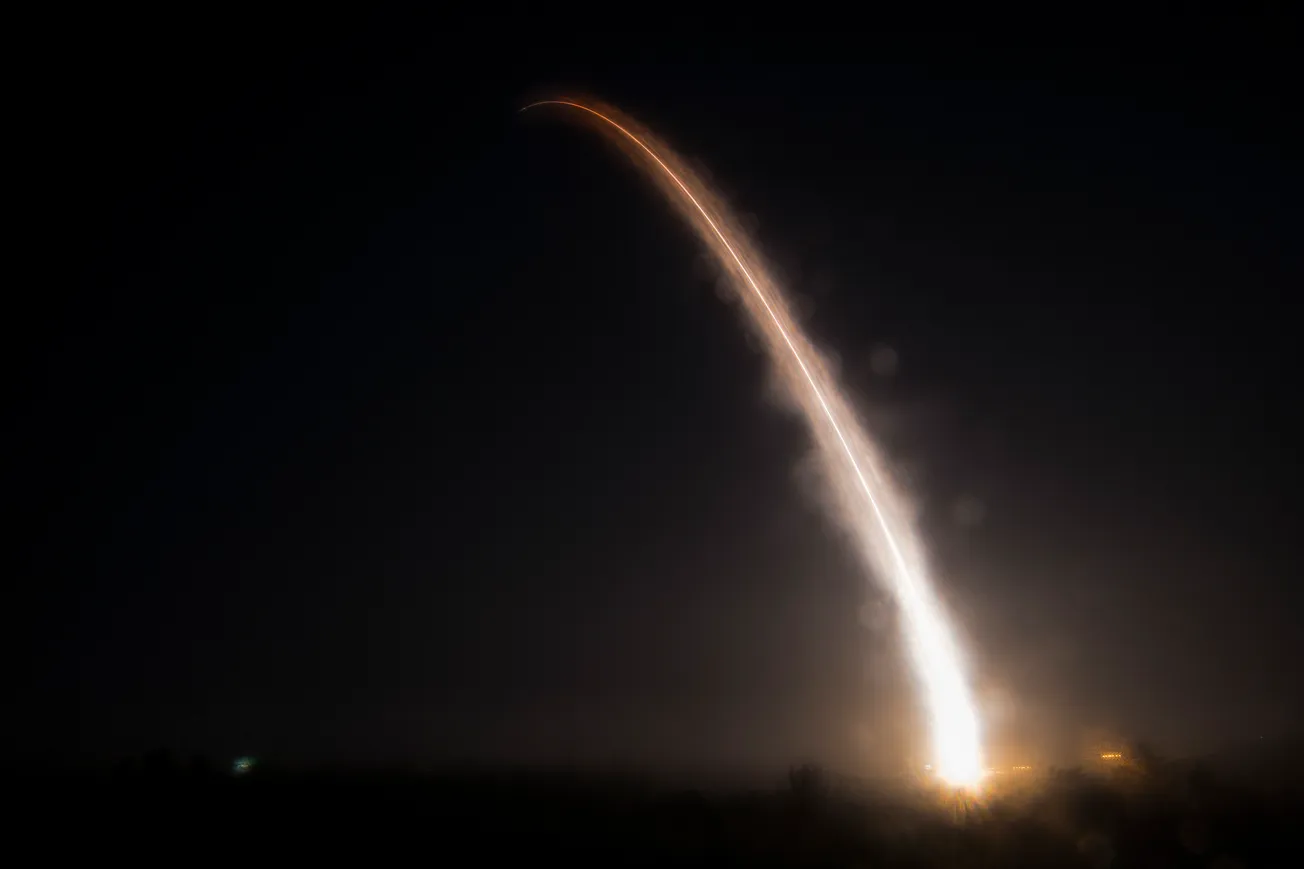The Union of Concerned Scientists, in an article published by China analyst Robert Rust, slammed the moves now underway in the U.S. Congress to expand the U.S. nuclear arsenal, and calling it “the blueprint for a new arms race.” This is being motivated by the report of the U.S. Strategic Posture Commission in a report issued last fall. Rust unveils that Gen. Anthony Cotton, commander of U.S. Strategic Command, in recent testimony to the Senate Armed Services Committee, suggested the Strategic Posture Review (SPR) “validated many of the things” Strategic Command is already looking at, and that studies of the Commission’s recommendations are already underway. “Some of the report’s recommendations include increasing deployed warheads, increasing missile, submarine and bomber production, and exploring the development of alternative delivery systems like road-mobile intercontinental ballistic missiles (ICBMs),” Rust writes.
It appears the U.S. Congress is getting to work on the recommendations. Indeed, the House Appropriations Committee, though actually cutting the Sentinel ICBM program by 8.7% (due to frustration over cost overruns), has also recommended that the Air Force study “the feasibility of fielding some portion of the future intercontinental ballistic missile force in a road-mobile configuration.”
Rust’s particular target is the “Restoring American Deterrence Act,” legislation co-sponsored by Senators Deb Fischer, Angus King and Roger Wicker. Wicker, it will be recalled, infamously encouraged for nuclear strikes against Russia in late 2021. Their proposed legislation “calls for several measures to expand the U.S. nuclear arsenal, like adding another 50 Sentinel ICBMs to the current plan and kickstarting U.S. domestic uranium enrichment,” Rust reports. “Perhaps most concerningly, it also calls for changes to the Atomic Energy Defense Act’s Stockpile Stewardship Program that would task the national labs with enhancing rather than maintaining the nuclear stockpile.”
“Senator Fischer and her co-sponsors have prepared a bill that lays the groundwork for a disastrous arms race, one that would raise tensions and lock the United States, Russia, and China into a destructive cycle certain to further erode U.S. security,” Rust warns. “The SPR report’s argument that the U.S. will soon face two ‘nuclear peers’ in China and Russia dramatically understates the U.S. nuclear triad’s strength and size relative to China’s and neglects to consider how Russia and China would respond to a U.S. nuclear buildup. Implementing the SPR’s recommendations would increase the danger of nuclear war, not reduce it.”
At the end, Rust concludes that if this discussion gains traction in Washington, we will continue to “lurch closer to the precipice of an arms race that will have no winners, only losers.”


